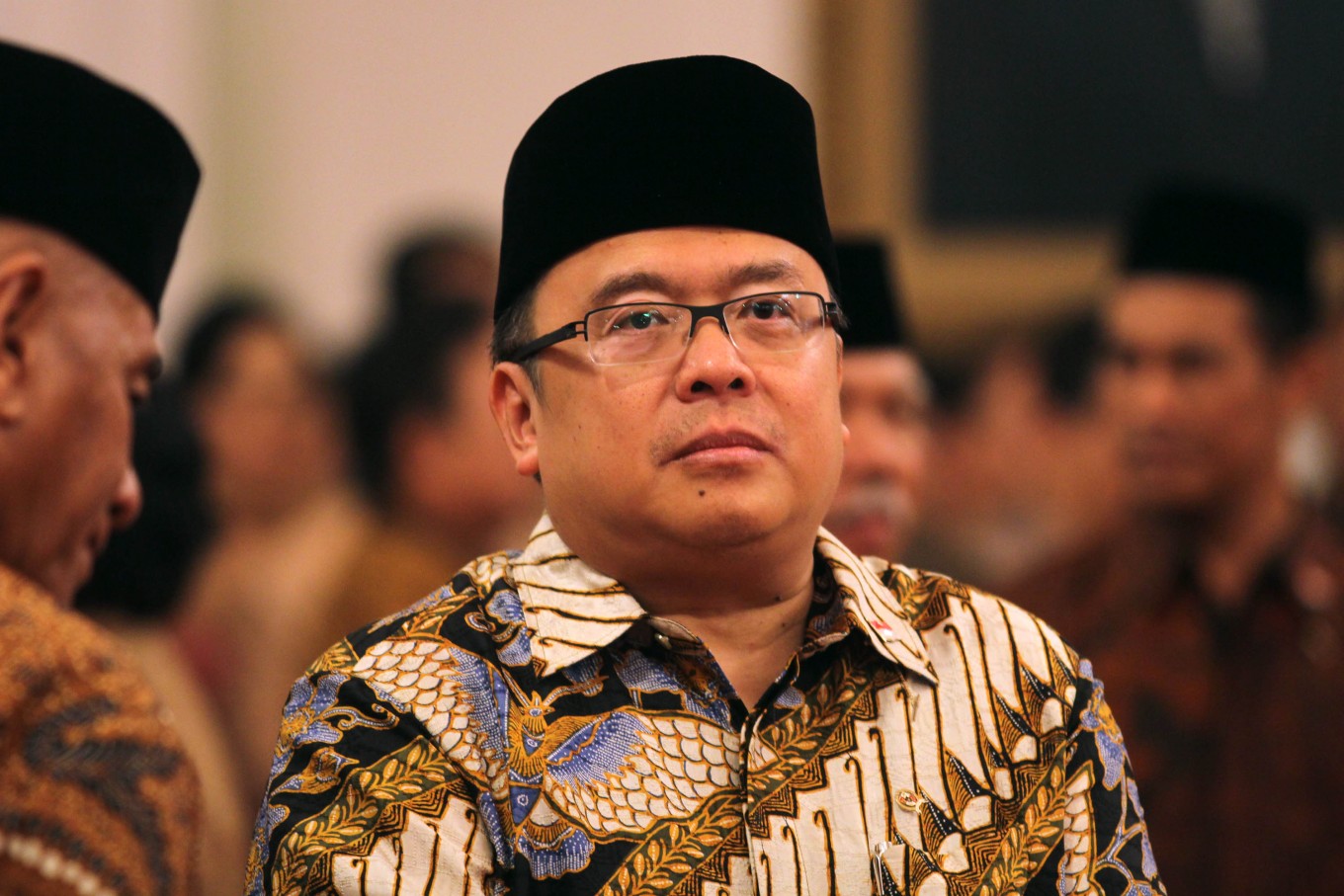Popular Reads
Top Results
Can't find what you're looking for?
View all search resultsPopular Reads
Top Results
Can't find what you're looking for?
View all search resultsGovernment teams up with Australia to improve employment, workforce
Change text size
Gift Premium Articles
to Anyone
T
he government will work together with its Australian counterpart to address employment and labor force issues, as Indonesia’s demographics could pose challenges for its economy in the long run if not well managed.
The National Development Planning Agency (Bappenas) projected that Indonesia’s working age citizens, aged from 15 to 44, would total just over 200 million people in 2030, approximately 68 percent of the population.
This means Indonesia will have the highest number of productive-aged citizens in Southeast Asia in 11 years, according to the Bappenas.
As part of the efforts to tackle these issues, the governments of both countries have established a research platform called the Knowledge Sector Initiative (KSI), which will discuss ideas and solutions during the upcoming annual Indonesia Development Forum (IDF) in July.
The forum, which will be held for the third time, would take employment issues into account as a key factor of inclusive growth, said Bappenas head Bambang Brodjonegoro.
“Our productivity can only be proven via employment, which requires foreign and domestic investment as well as [the role of] small and medium enterprises [SMEs],” Bambang said in Jakarta recently.
“We have to advance this age group [working age] into the middle class, so Indonesia’s economic growth potential will be maintained through better and more stable consumer spending.”
Much like the rest of the world, he said, Indonesia’s workforce was facing challenges presented by the fourth industrial revolution, or Industry 4.0, which was changing work landscapes through automation and state-of-the-art technology.
Bambang cited a study by global consulting firm McKinsey, which estimated that automation would alter 60 percent of occupations worldwide and, at the same time, online commerce platforms would generate 26 million jobs by 2022.
Therefore, he said, it was important for authorities to come up with regulations that ensured investors had access to qualified workers, creating a condition in which businesses could thrive and capital inflows would continue to increase.
“Regulations on the workforce are important aspects of Indonesia’s investment climate because investors seek certainty when investing and creating employment [...] it is important to see from the supply side in order to secure these employers,” he said.
He said it was important for stakeholders to ensure local workers had flexible skill sets in order to find a place in today’s job market. However, stakeholders should realize that the skills needed for science, technology, engineering and mathematics (STEM) jobs would continue to be valued regardless of any advancements, he said.
The upcoming forum will have eight subthemes. The first four are accelerating structural information, reforming the vocational and education training system for future jobs, creating inclusive employment opportunities and improving the investment climate for employment creation.
The other four are developing globally competitive MSMEs, fostering social enterprises, developing local talent and local markets and improving the quality of human capital.
Australian Ambassador to Indonesia Gary Quinlan said his government looked forward to supporting its northern neighbor, referring to the Indonesia-Australia Comprehensive Economic Partnership Agreement (IA-CEPA), which was concluded last August.
The agreement contains significant articles on vocational empowerment and labor partnerships between the two countries.
“We are looking forward to sign it [the deal] very soon, certainly this year,” he said. “It has a significant element in it that relates to how we provide quality vocational trainings and courses to equip Indonesians with better skills and enhance the economy.”
He emphasized that it was essential for stakeholders to act based on evidence, especially on issues like employment, which tended to draw continuous public debate.
“It is very instructive for us to see how seriously, how intensely Indonesian policy thinkers are exploring options in the labor market, and particularly on increasing productivity and flexibility,” he added.










